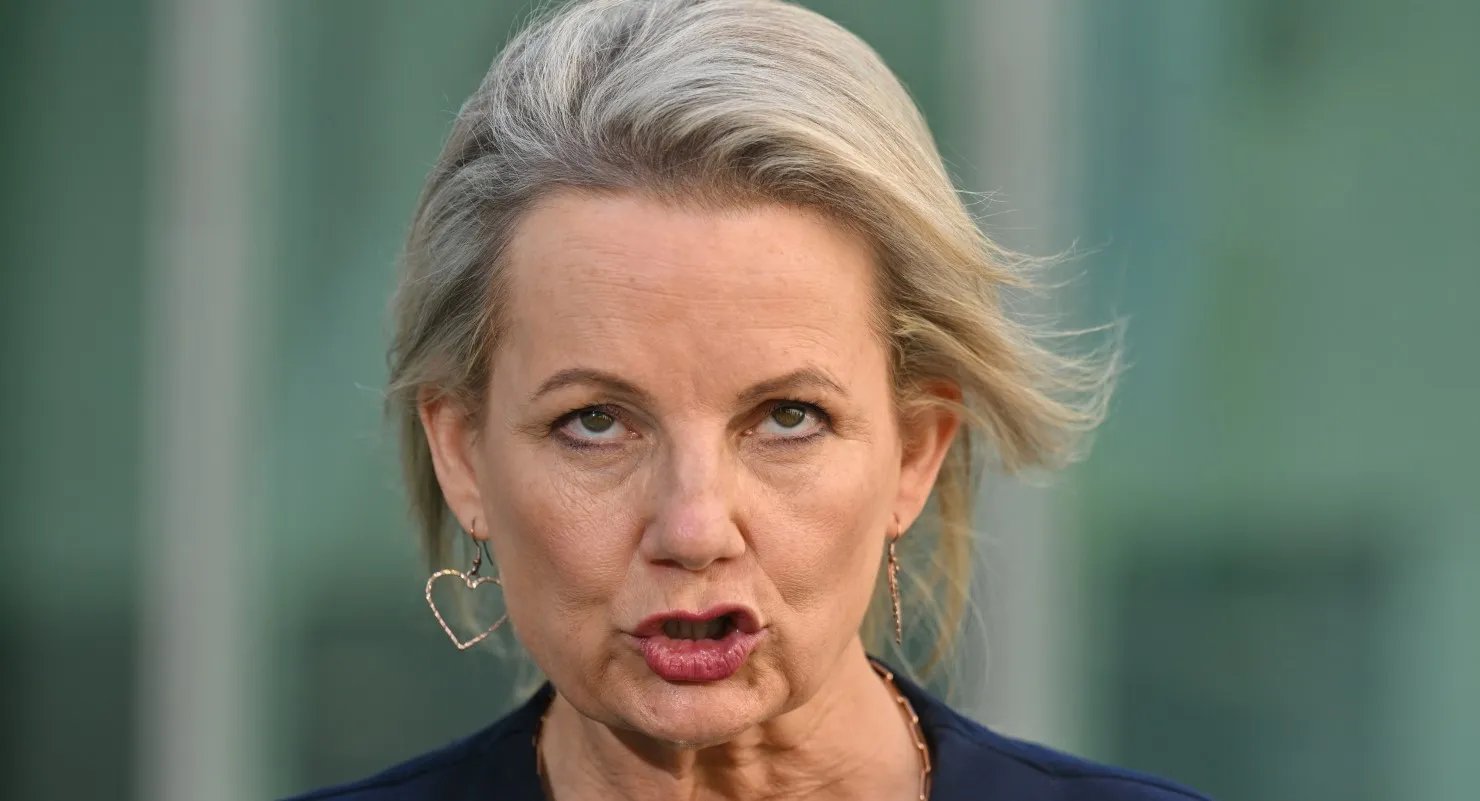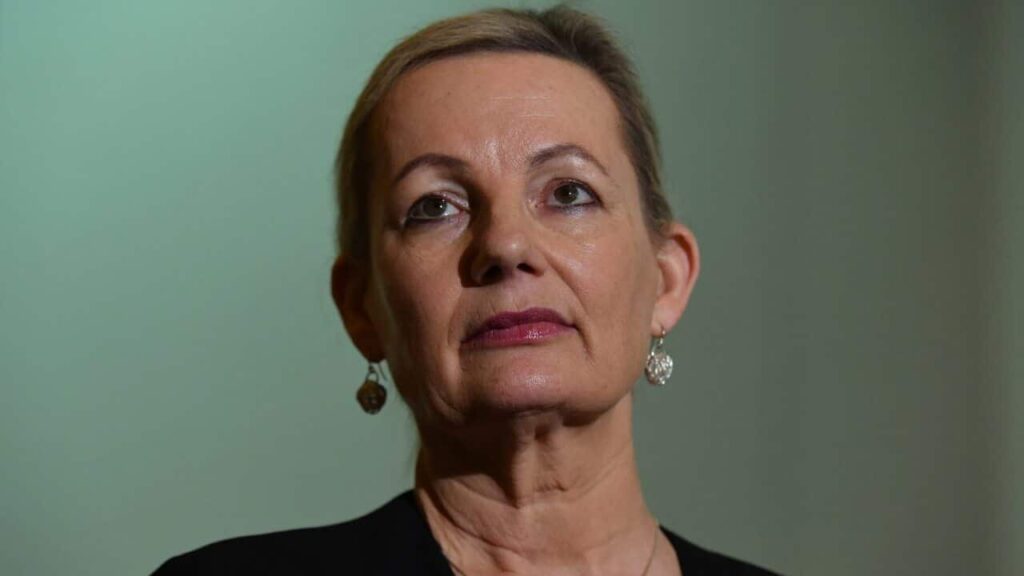Australians Warned: Government Dependency ‘Has Eroded Our National Character’, Says Sussan Ley
- Opposition leader Sussan Ley blasts Australia’s welfare system, calling it a “culture of dependency”
- She vows to make “targeted” welfare and spending programs a priority, rather than “universal” ones
- Ley warns that Australians have become too reliant on government handouts, and it’s time for a change
Sussan Ley has launched a scathing attack on Australia’s welfare system, warning that it has created a “culture of dependency” that is eroding the nation’s character. In her first major economic speech as opposition leader, Ley said that the government’s approach to welfare and spending had become unsustainable and was holding the country back.
“We have become too comfortable relying on government handouts,” Ley said, citing a report that suggests more than half of Australians rely on the government for most of their income. “It has become almost taboo in politics to suggest that not everyone is entitled to every government benefit.”
Ley also signalled a shift towards “targeted” welfare and spending programs, rather than “universal” ones, saying that the safety net should not be a “hammock” and high-income households should not receive benefits. “Stop subsidising the comfortably well off,” she urged.
The opposition leader’s comments come as the government’s spending reaches its highest level outside of crisis periods since the 1980s, with welfare and healthcare programs making up a significant chunk of the budget. Ley vowed to be “unrelenting” in cutting “low-value” government programs and promised to “help people off welfare and into self-reliance.”

While Ley did not name specific programs that would be targeted for cuts, she hinted that the National Disability Insurance Scheme (NDIS) and other cost-of-living measures could be in the firing line. The government has already taken steps to reduce the pace of cost growth in the NDIS, and Ley has said she supports containing costs in the program.
Ley‘s speech marks a significant shift in the opposition’s approach to welfare and spending, and sets the tone for a potentially fiery debate in the lead-up to the next election.

